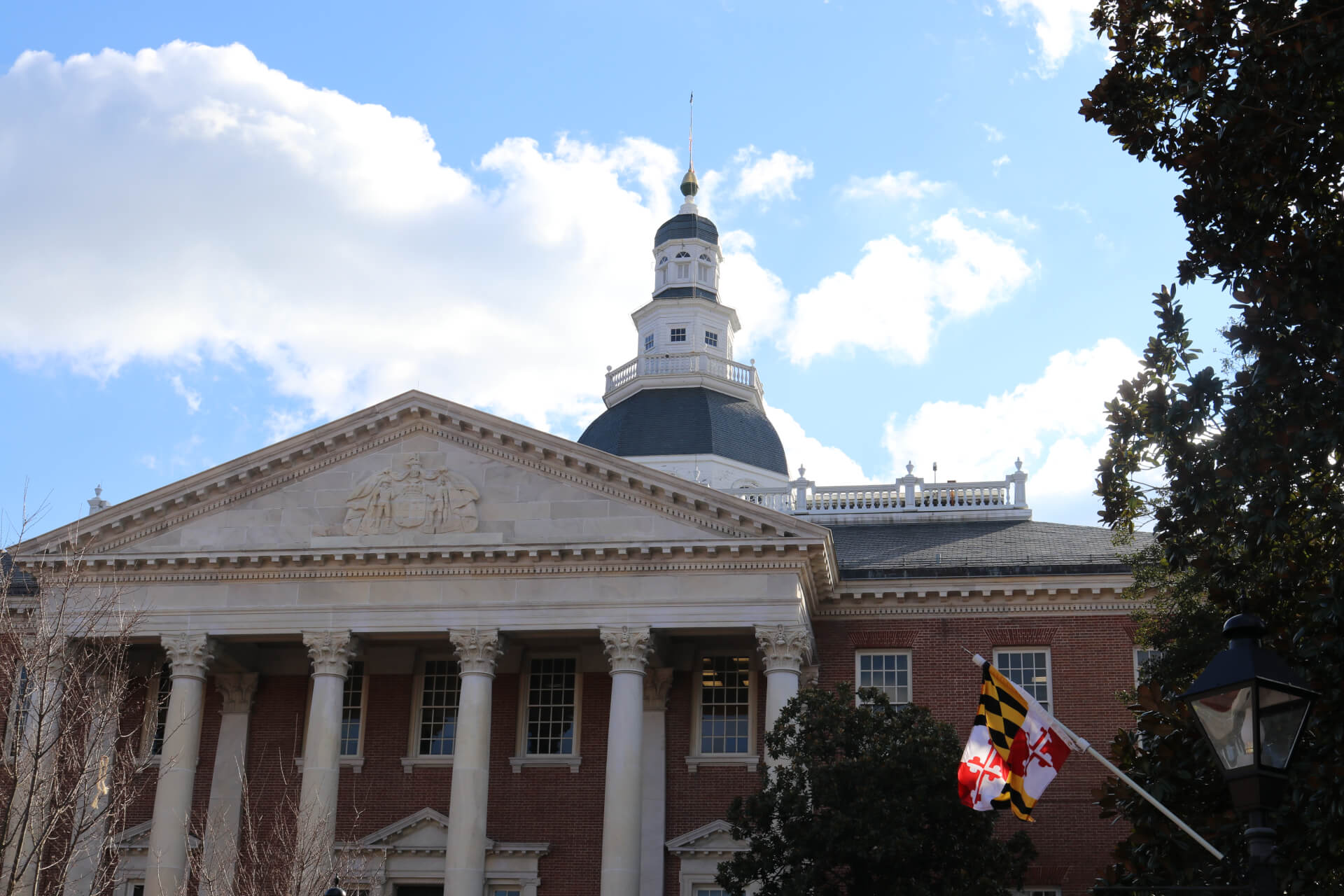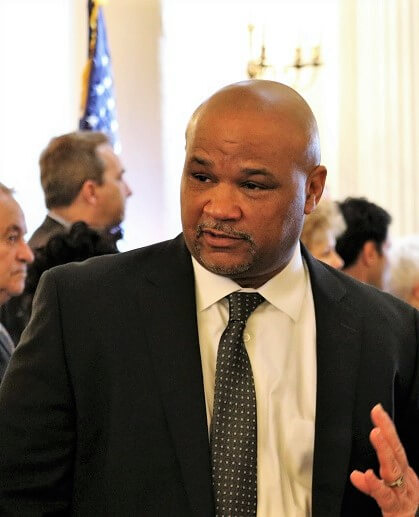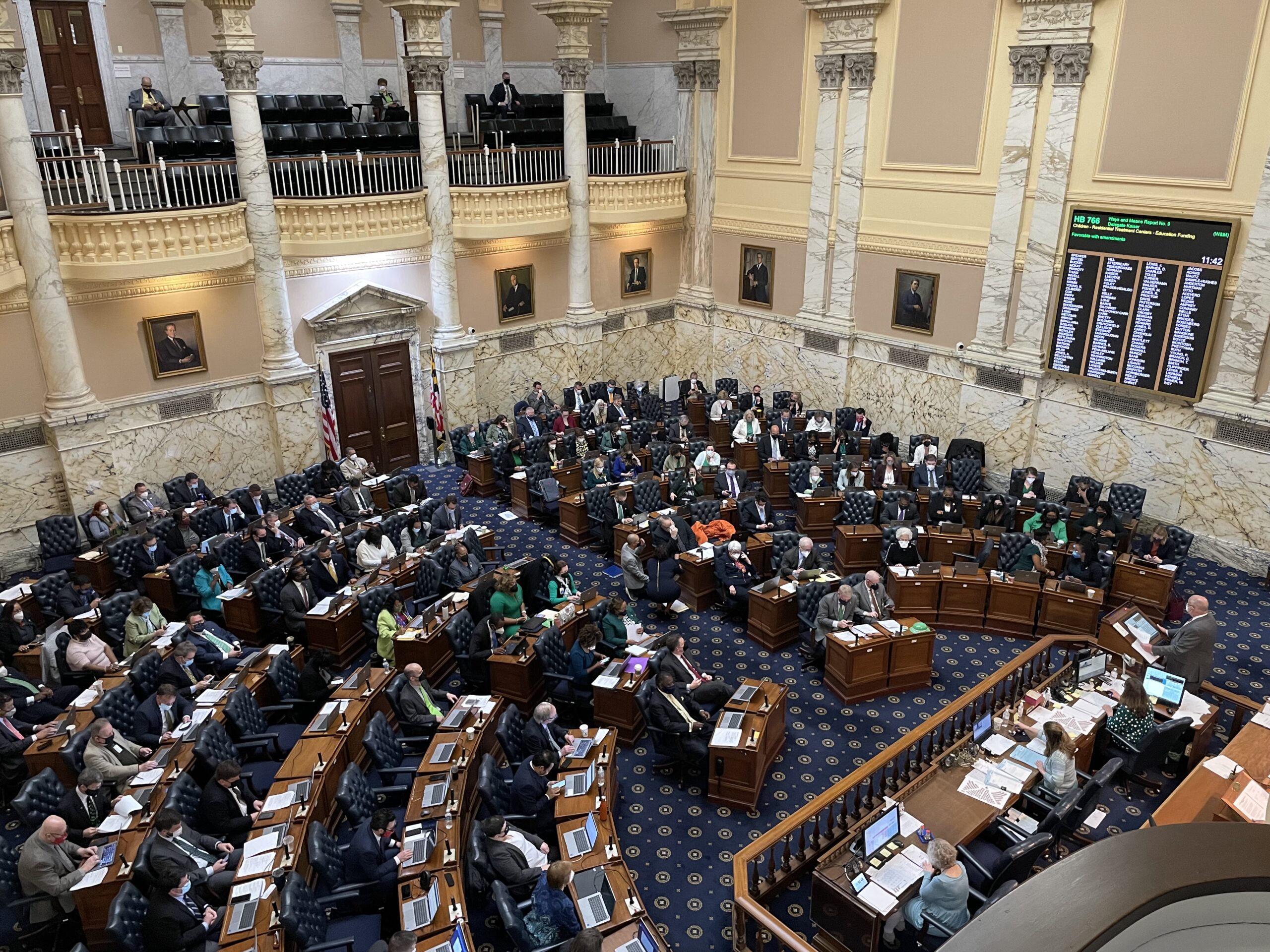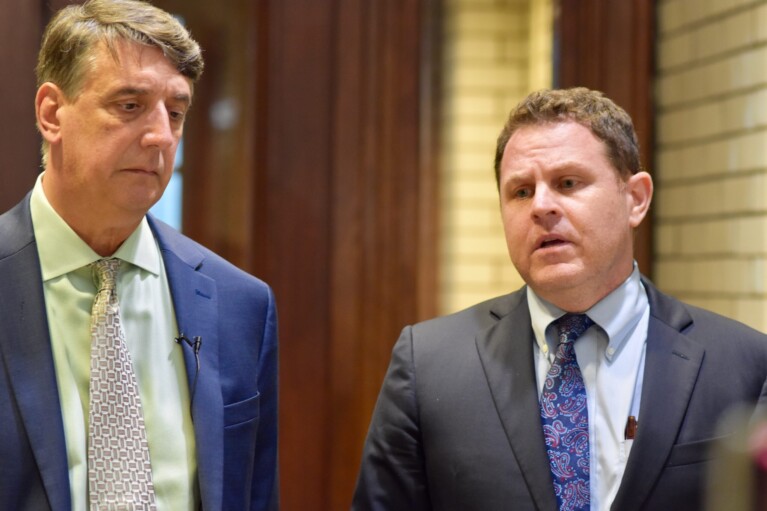Treasurer asks for patience, staffing and budget, in fixing beleaguered college savings plan

Maryland Treasurer Dereck Davis told a House committee he is committed to revamping the state’s troubled college savings plan.
The fix, which includes ending the prepaid college fund, likely will require additional manpower and technology upgrades.

Treasurer Dereck Davis. File photo by Danielle E. Gaines.
“It is impossible to accurately assess what resources the state treasurer’s office requires in the short term,” Davis (D) told members of the House Appropriations Committee.
The state’s prepaid college trust program will ultimately be revamped.
Two bills — Senate Bill 959 and House Bill 1290 — would transfer responsibility for the Maryland 529 college tuition program to the State Treasurer’s office.
The bills would end a prepaid college plan. The legislation also end the board that oversees the plan and move oversight into the Office of the State Treasurer. The bill also sets up a panel to investigate how the program ultimately failed.
“We would ask for time and patience and I want to repeat that: we would ask for time and patience, especially in the first year as it will take time to integrate 529 (into the treasurer’s office),” Davis said.
The state offers two 529 college savings plans.
A prepaid college trust allows parents to lock in tuition rates for in-state schools, buying in when future students are young.
A second plan operates more as an investment plan overseen by an outside manager.
But trouble has been brewing with the prepaid plan. Last year, the board suspended some payments after discovering an accounting software problem.
“Today, nearly a year later, the problem still hasn’t been fixed,” said Del. Catherine Forbes (D-Baltimore County), sponsor of the House bill.
The so-called “glitch” has left some families struggling to come up with ways to replace the college funding they thought they had diligently saved.
“Their stories are different but they have one thing in common: a year-long bureaucratic nightmare,” Forbes said. “These are families that planned for their childrens’ future, invested in a program that was backed by a Maryland legislative guarantee and at the time they most needed to access the funds to pay current tuition, Maryland 529 has been unresponsive to their concerns and problems caused by decisions made within the agency.”
Davis told the House Appropriations Committee that he will need to hire additional people to undertake the task.
Currently the Treasurer’s office is eight employees shy of being fully staffed for its existing responsibilities, without the 529 plans, at 71 budgeted positions.
Even after transferring the small number of 529 plan employees, Davis said additional employees will be needed on top of filling vacancies at that agency. The treasurer did not give a specific number but said he would need: a deputy director, contract manager, customer and constituent services employees, IT and human resources staff, attorneys and marketing staff.
“I want to be clear, if given the program, the state treasurer’s office will do everything it can to resolve the issues,” Davis said.
The House of Delegates added language to Gov. Wes Moore’s proposed budget that would direct $6.65 million to the treasurer’s office to transition administration of the Maryland 529 program there; the Senate Budget and Taxation Committee has concurred with the expense.
The budget also includes $1.8 million allocation for a related financial systems modernization IT project.
The appropriation is contingent on enactment of either Senate Bill 959 or House Bill 1290.
“We want to give you the resources you need to implement this program,” said House Appropriations Chair Ben Barnes (D-Prince George’s and Anne Arundel). “We know it’s a mess and we know it’s going to take a lot of work for you. We needed somebody serious in charge and that’s why we’re looking at you.”
Reporters Danielle E. Gaines and William F. Zorzi contributed to this story.




 Creative Commons Attribution
Creative Commons Attribution